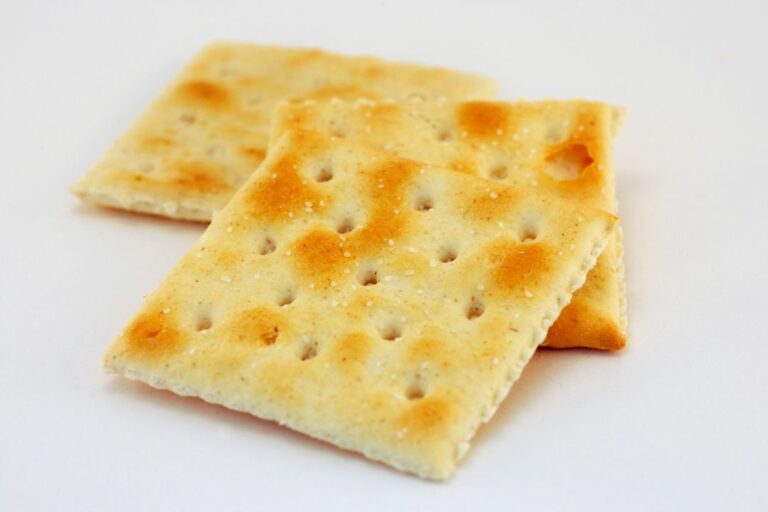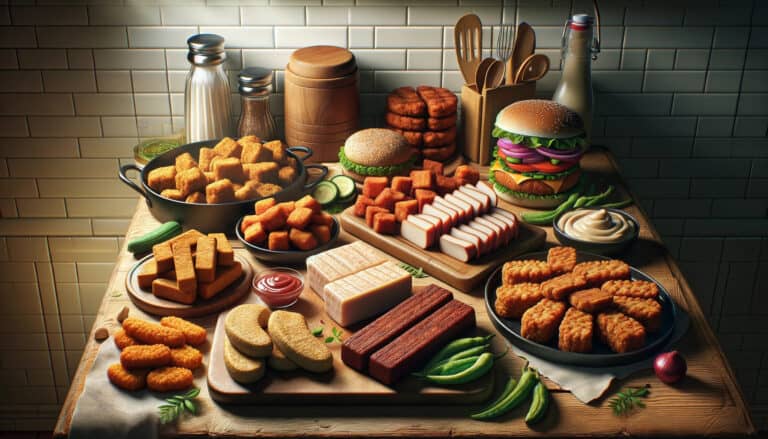21 Foods That Cause Tonsil Stones: What to Avoid
Foods That Cause Tonsil Stones and How to Address Them
Tonsil stones, medically known as tonsil calculi, are tiny deposits in the tonsil crypts located in the palatine tonsils at the back of the throat. These stones combine food particles, bacterial infections, white blood cells, and other debris that can accumulate and harden.
Several risk factors can increase the likelihood of their formation, including certain foods, health conditions, and even poor dental hygiene.
Foods and Risk Factors: Certain foods have been identified as risk factors for developing tonsil stones. Dry foods, for instance, can increase the chances of debris getting stuck in the tonsil crypts.
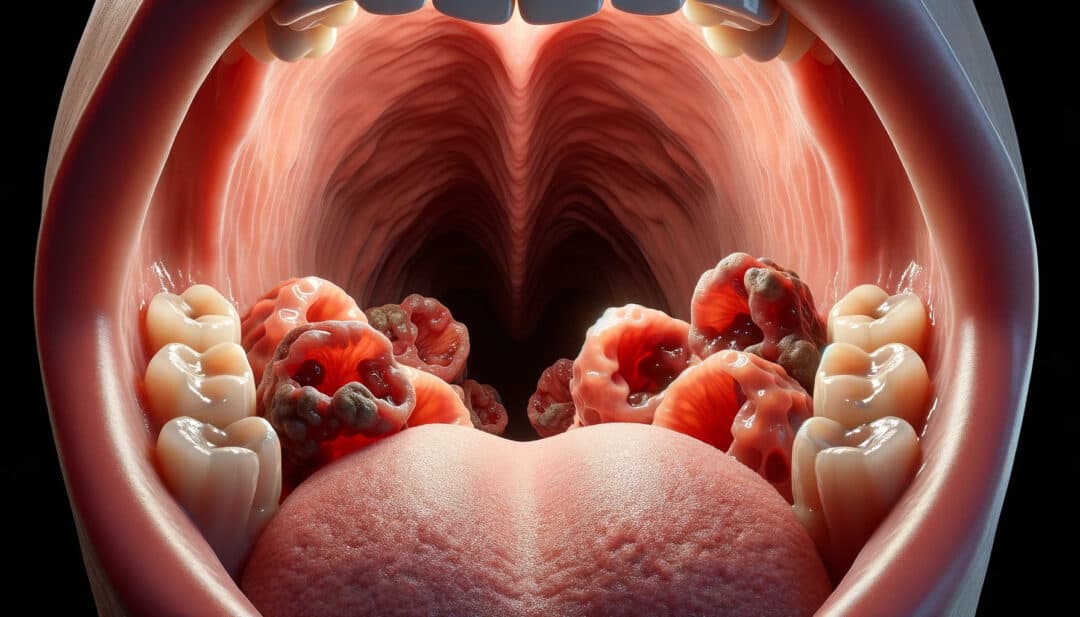
Egg yolks and spicy foods might exacerbate the situation in some people. Surprisingly, even soft foods like ice cream can contribute, especially if consumed frequently without appropriate dental care afterward.
Moreover, conditions like postnasal drip from sinus infections, tooth decay due to poor dental hygiene, and tobacco use, especially smokeless tobacco, are significant contributors. A healthcare provider can identify specific triggers and offer medical advice tailored to the individual.
Causes and Effects: Foods that Trigger Tonsil Stones
Dairy Products: Milk and Cheese
Dairy products, such as milk and cheese, can contribute to the formation of tonsil stones due to their ability to trap food debris. However, avoiding certain foods and practicing good oral hygiene, like using xylitol-based products, can help prevent the development of tonsillitis.
These foods can cause tonsillitis and the formation of hard stones in the tonsils. The accumulation of debris in the tonsils can lead to complications. The proteins in dairy products can cause the development of tonsil stones by acting as a food source for bacteria.
Sugary Foods: Candies and Sodas
Indulging in sugary foods like candies and sodas can create an ideal breeding ground for bacteria that cause tonsil stones. The sugars from these foods feed the bacteria in your mouth, causing them to multiply rapidly in the tonsil crevices.
This can lead to the formation of tonsil stones and potentially increase the risk of developing tonsil cancer. This bacterial growth can lead to the formation of biofilms on your tonsils, which eventually harden into tonsil stones.
Acidic Foods: Citrus Fruits
Consuming acidic foods like citrus fruits may contribute to developing tonsil stones. The high acidity levels in these fruits can irritate the delicate tissues of your throat and tonsils.
This irritation can trigger an inflammatory response, leading to an increased production of mucus and the formation of tonsil stones.
Processed Foods: Additives and Preservatives
Processed foods often contain high additives and preservatives, which may increase the risk of tonsil stone formation. These additives can disrupt the natural balance of bacteria in your mouth, promoting bacterial overgrowth that contributes to the development of tonsil stones.
Processed foods are often low in fiber content, essential for maintaining good oral health. However, these foods can contribute to the formation of severe tonsil stones in the tonsil crevices.
While certain foods can trigger or exacerbate tonsil stone formation, it’s important to note that individual susceptibility may vary. Some people may be more prone to developing tonsil stones due to factors such as genetics or underlying medical conditions.
It’s always a good idea to consult a healthcare professional if you’re experiencing persistent issues with tonsil stones.
To minimize the risk of tonsil stone formation, consider incorporating the following tips into your lifestyle:
- Practice good oral hygiene by regularly brushing your teeth, tongue, and tonsil crevices to remove bacteria and food particles.
- Stay hydrated to maintain a moist environment in your mouth, which can help prevent the accumulation of debris in the tonsils.
- Limit consumption of dairy products, sugary foods, and acidic fruits to reduce the likelihood of tonsil stone formation.
- Opt for a balanced diet with plenty of fresh fruits, vegetables, and whole grains to support oral health.
By being mindful of the foods you consume and adopting healthy oral care habits, you can potentially reduce the occurrence of tonsil stones. Remember, prevention is critical.
- Dairy Products: Milk, cheese, and yogurt can leave residues that feed the bacteria, contributing to the formation of tonsil stones.
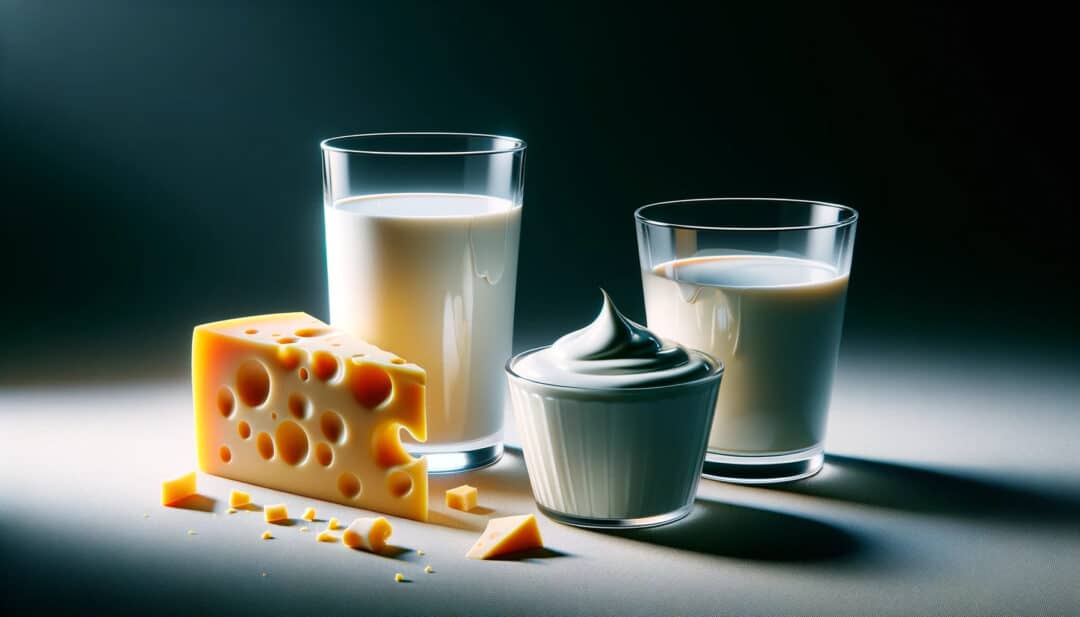
2. Processed Foods: High in additives and low in fiber, they may leave particles lodged in the tonsils.

3. Red Meat: Bits of meat can become stuck in the crevices of the tonsils.
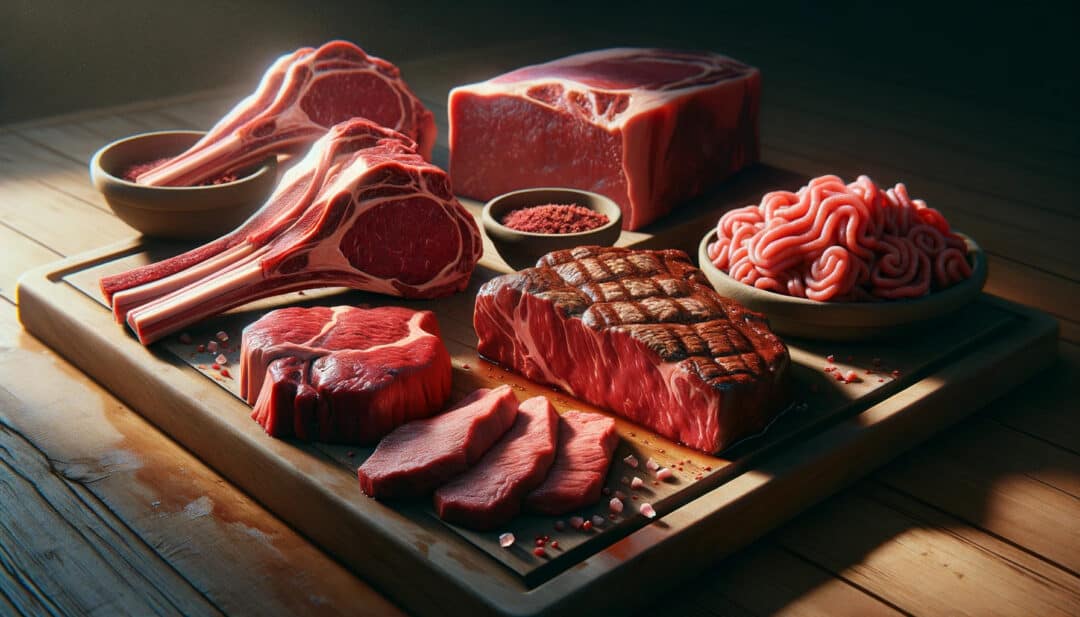
4. White Bread: Its sticky texture can easily get caught in the tonsil crypts.

5. Popcorn: Kernels can get trapped, especially if they’re chewed improperly.

6. Nuts: Small particles can get stuck in the crevices.

7. Seeds: Especially smaller ones like sesame or poppy seeds.

8. Soft Drinks: High sugar content can promote bacterial growth.

9. Alcohol: Can dry out the mouth, reducing saliva, which helps flush out debris.

10. Coffee: Like alcohol, it can cause dry mouth.

11. Egg Yolks: Their sticky nature can lead to residues in the tonsil crypts.

12. Sugary Foods and Candies: Bacteria thrive on sugar, potentially leading to tonsil stone formation.

13. Soy Products: Residues can feed bacteria in the mouth.
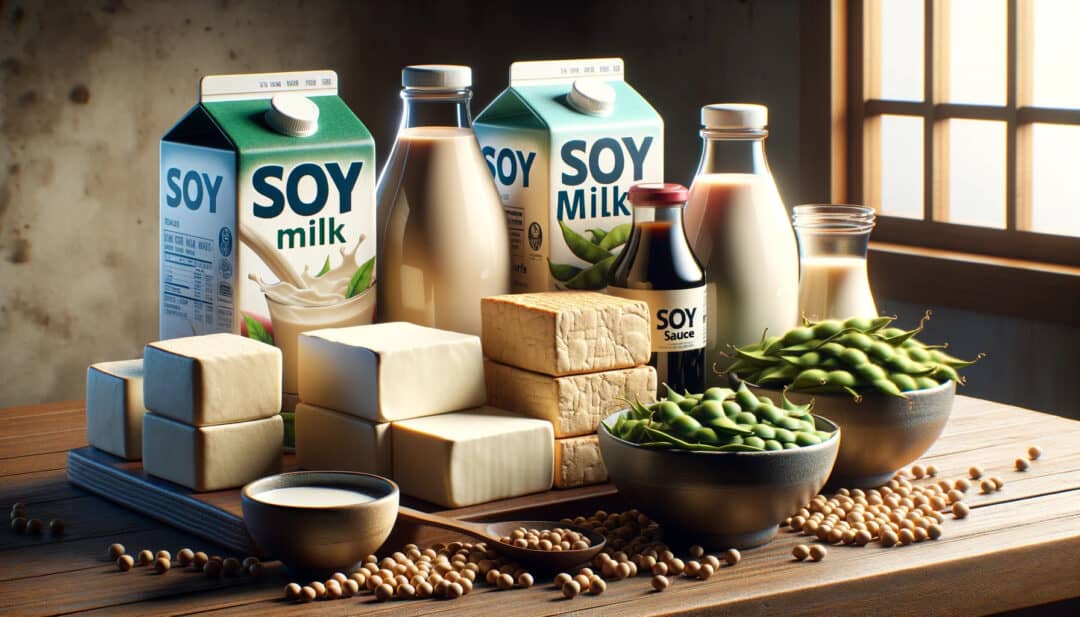
14. Fish: Small bones or particles can get lodged.

15. Chocolate: Its sticky consistency can leave residues.

16. Fried Foods: Can leave particles that may get trapped in tonsil crypts.

17. Spicy Foods: Some believe spicy foods can contribute, although evidence is anecdotal.

18. Ice Cream: Combining dairy and sugar can contribute to the problem.
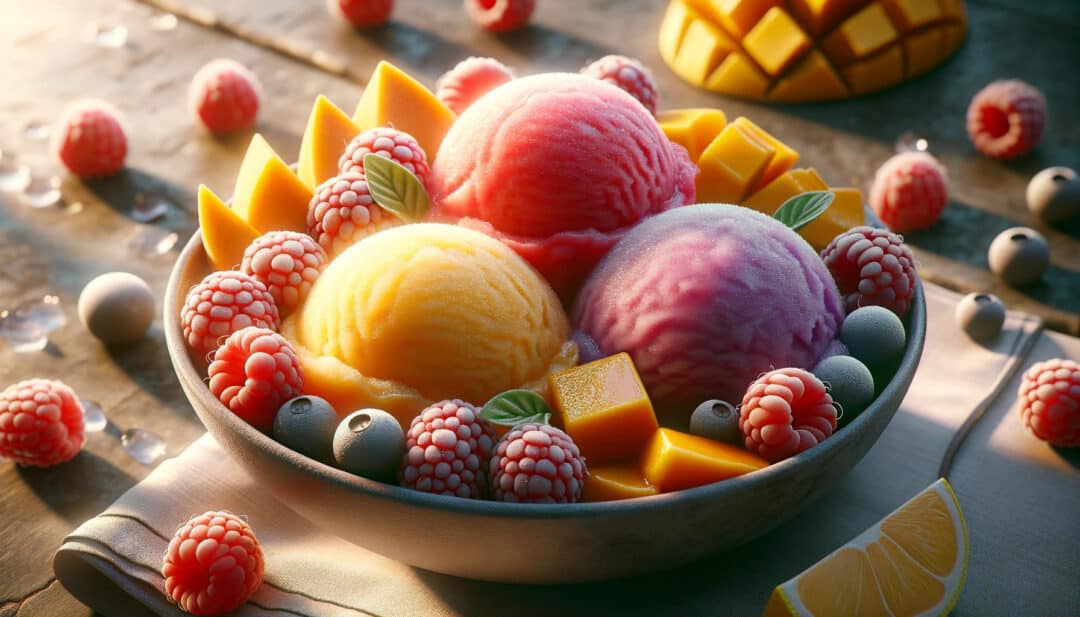
19. Dried Fruits: Their sticky nature can trap particles.

20. Crackers: Can leave crumbs that get stuck in the tonsils.

21. Peanut Butter: Its sticky nature can contribute to debris in the tonsil crypts.

The Link Between Diet and Tonsil Stone Formation
Proper nutrition is crucial in maintaining overall health, including our tonsils’ health. Our choices regarding what we eat can significantly impact the formation of tonsil stones. Let’s explore the connection between diet and tonsil stone formation in more detail.
Poor dietary choices can lead to an accumulation of debris in the tonsils, contributing to stone formation.
Consuming foods that are high in sugar, processed carbohydrates, and unhealthy fats can result in an increased production of mucus.
Excessive mucus production creates an ideal environment for bacteria and food particles to accumulate in the crevices of the tonsils, leading to the formation of tonsil stones. Therefore, we must be mindful of our dietary choices to prevent this buildup.
Consuming excessive red meat has increased the likelihood of developing tonsil stones.
Red meat contains high levels of sulfur compounds that can contribute to bad breath and increase the risk of developing tonsil stones. These sulfur compounds are broken down by bacteria in the mouth and throat, resulting in foul-smelling breath.
Limiting the intake of red meat or opting for leaner cuts can help reduce the chances of tonsil stone formation.
Lack of proper hydration can make it easier for food particles to get trapped in the crevices of the tonsils, leading to stone formation.
Our saliva production decreases when we do not drink enough water or stay adequately hydrated throughout the day. Saliva helps wash away food particles from our mouth and throat, preventing them from getting stuck in the crypts or crevices of our tonsils.
Staying well-hydrated can promote saliva production and minimize debris accumulation, contributing to tonsil stone formation.
A diet low in fiber may result in slower digestion, increasing the chances of food particles getting stuck in the throat.
Fiber plays a crucial role in maintaining healthy digestion. A diet that lacks sufficient fiber can lead to slower digestion and constipation. This can result in food particles remaining in the throat for extended periods, increasing the likelihood of them getting trapped in the tonsils [Verified12].
Incorporating fiber-rich foods such as fruits, vegetables, and whole grains into our diet can help promote regular digestion and reduce the risk of tonsil stone formation.
Harmful Foods to Avoid for Tonsil Stone Prevention
Dairy Products: A Potential Culprit
If you’re prone to developing tonsil stones, it’s best to steer clear of dairy products. These include milk, cheese, and yogurt. Dairy products can contribute to the formation of tonsil stones due to their high calcium content.
Calcium can combine with other substances in your mouth, such as dead cells and mucus, leading to the development of these pesky little stones.
Sugary Foods: A Breeding Ground for Bacteria
Minimizing your intake of sugary foods and beverages is crucial in reducing bacterial growth in your mouth. Bacteria thrive on sugar, and when they multiply, they can contribute to the formation of tonsil stones.
So avoid indulging in excessive candies, sodas, cakes, and other sugary treats if you want to keep those tonsil stones at bay.
While there’s some truth to the idea that certain foods might exacerbate tonsil stone formation – particularly dairy and sugary foods that may promote bacterial growth [Verified1] – much of the specific information about individual foods like red meat, white bread, and soy products isn’t well supported in medical literature.
Acidic Foods: Proceed With Caution
Acidic foods like lemons or tomatoes may be delicious but can also contribute to the formation of tonsil stones. The acids in these foods can erode the protective layer on your tonsils, making them more susceptible to stone formation.
While it’s not necessary to eliminate acidic foods from your diet, limiting their consumption is advisable if you are prone to developing tonsil stones.
Processed Foods: Hidden Culprits
Processed foods often contain artificial additives or preservatives that can worsen your condition if you have tonsil stones. These additives may lead to an imbalance in the oral microbiome or cause inflammation in the throat area.
It’s best to avoid processed snacks like chips or packaged meals containing artificial ingredients.
To prevent your condition from being exacerbated. Oral Hygiene Tips to Prevent Tonsil Stones
Following proper oral hygiene practices is essential to maintaining good oral health and preventing the formation of tonsil stones. Here are some tips to help you keep your tonsils clean and reduce the risk of developing tonsil stones:
Brush Your Teeth and Tongue Thoroughly
One of the most effective ways to prevent tonsil stones is to brush your teeth and tongue thoroughly. By doing so, you can remove bacteria and food particles that can contribute to the formation of these troublesome stones.
Make sure to brush all surfaces of your teeth, including the back ones and your tongue.
Use Mouthwash or Gargle with Saltwater
In addition to regular brushing, using a mouthwash or gargling with salt water can help reduce the bacterial load in your mouth. These solutions can reach areas a toothbrush may not be able to access effectively, such as deep within the tonsil crevices where tonsil stones often form.
Good oral hygiene is essential in preventing the formation of tonsil stones. Regular brushing, flossing, and dental check-ups can help reduce the accumulation of debris that may lead to tonsil stones[verified13].
Incorporating this step into your daily routine can significantly decrease the likelihood of developing tonsil stones.
Regularly Clean Your Toothbrush
Your toothbrush plays a vital role in maintaining good oral hygiene. However, it can also become a breeding ground for bacteria if not properly cared for. To prevent bacterial buildup on your toothbrush, clean it regularly by rinsing it thoroughly after each use and allowing it to air dry completely.
Replace your toothbrush every three months or sooner if the bristles become frayed.
Consider Using a Water Flosser or Oral Irrigator
Flossing is essential to any oral hygiene routine, but traditional floss may not be sufficient for reaching deep into the tonsil crevices where tonsil stones tend to form.
Consider incorporating a water flosser or oral irrigator into your routine, as they can flush out debris from the tonsils more effectively. These devices use a stream of water to dislodge food particles and bacteria, reducing the risk of tonsil stone formation.
Visit Your Dentist Regularly
Regular dental check-ups are crucial for maintaining good oral health and preventing various oral issues, including tonsil stones. During dental visits, your dentist can examine your mouth, including your tonsils, and identify potential problems early on.
They can also provide guidance specific to your situation and recommend additional preventive measures if necessary.
Consistently lowering these oral hygiene tips can significantly reduce the risk of developing tonsil stones. Remember that prevention is critical.
Effective Strategies for Preventing Tonsil Stones
Stay Hydrated
One effective strategy to prevent tonsil stones is to stay hydrated. Drinking plenty of water throughout the day helps keep your throat moist, preventing the accumulation of debris that can contribute to the formation of tonsil stones.
When your throat is dry, it becomes easier for bacteria and food particles to get stuck in the crypts of your tonsils, developing these pesky stones.
Chew Sugar-Free Gum
Another helpful tip is to chew sugar-free gum after meals. This simple habit stimulates saliva production, which plays a crucial role in cleansing the mouth and reducing the formation of tonsil stones.
Saliva acts as a natural mouthwash, washing away bacteria and food particles that may otherwise accumulate in the crypts of your tonsils. Chewing gum encourages saliva flow and minimizes the chances of developing severe tonsil stones.
Quit Smoking
If you’re a smoker, quitting this habit can significantly reduce your risk of developing tonsil stones. Smoking not only harms your overall health but also contributes to dry mouth.
A dry mouth creates an environment where bacteria thrive, and debris accumulates more efficiently, increasing the likelihood of developing tonsil stones. By quitting smoking, you can improve your oral health and decrease the chances of encountering these hard stones.
Practice Good Oral Hygiene
Maintaining good oral hygiene habits is essential in preventing tonsil stones. Regularly brushing your teeth twice daily with fluoride toothpaste helps remove plaque buildup on both teeth and tongue surfaces.
Using an antibacterial mouthwash can help kill bacteria that may be present in your mouth.
Visiting a dentist regularly for check-ups and cleanings is crucial for maintaining oral health. Dentists have specialized tools that can effectively clean areas difficult to reach with regular brushing alone.
They can also identify any signs or symptoms of tonsil stone formation and provide appropriate guidance and treatment options.
Home Remedies and Lifestyle Changes for Tonsil Stone Prevention
To prevent tonsil stones effectively, you can incorporate several home remedies and lifestyle changes into your daily routine. These methods can help dislodge existing tonsil stones and minimize the formation of new ones.
Gargle with warm salt water daily
Gargling with warm salt water is a simple yet effective way to combat tonsil stones. The warm water helps to loosen any trapped debris or bacteria in the tonsils, while the salt acts as a natural disinfectant.
By gargling daily, you can dislodge any existing tonsil stones and prevent new ones from forming.
Nasal irrigation using a saline solution
Nasal irrigation, or nasal rinsing, involves flushing the nasal passages with a saline solution. This technique helps clear excess mucus and reduce postnasal drip, often associated with tonsil stone development. [Verified14].
By keeping your nasal passages clear, you can minimize mucus accumulation, which contributes to tonsil stone formation.
Increase intake of vitamins A and C-rich foods.
A healthy immune system plays a crucial role in preventing tonsil stones. Consuming fruits and vegetables rich in vitamins A and C can help boost your immune system’s ability to fight against bacterial growth in the tonsils.
Some examples of vitamin A-rich foods include carrots, sweet potatoes, and spinach, while citrus fruits like oranges and strawberries are excellent sources of vitamin C.
Avoid alcohol consumption
Alcohol consumption can negatively affect your overall health and the development of tonsil stones. Alcohol dehydrates the body, leading to increased mucus production in the throat.
This excess mucus can accumulate in the crevices of your tonsils and contribute to the formation of tonsil stones. Limiting or avoiding alcohol can help reduce your risk of developing these pesky stones.
Practice good oral hygiene.
Maintaining good oral hygiene is essential for preventing tonsil stones. Regularly brushing your teeth, flossing, and using an antibacterial mouthwash can help eliminate bacteria and food particles that may contribute to the formation of tonsil stones.
Gently scraping your tongue with a tongue scraper can remove any residual bacteria or debris that could lead to tonsil stone development.
Stay hydrated
Drinking an adequate amount of water throughout the day is crucial for overall health and can also play a role in preventing tonsil stones. Staying hydrated helps to keep mucous membranes moist and prevents excessive mucus production in the throat.
By visiting correctly hydrated, you can reduce the risk of mucus accumulation in the tonsils and minimize the formation of tonsil stones.
Incorporating these home remedies and lifestyle changes into your daily routine can significantly reduce your risk of developing tonsil stones. However, if you continue to experience persistent symptoms or are concerned about your condition, it is always advisable to consult with a healthcare professional for further evaluation and guidance.
Taking Control of Your Diet to Prevent Tonsil Stones
In conclusion, maintaining a healthy diet is crucial in preventing tonsil stones. Avoiding certain foods and adopting good oral hygiene practices can significantly reduce the risk of these uncomfortable formations.
Understanding the link between your diet and tonsil stone formation is critical to taking control of your health.
To keep tonsil stones at bay, it’s essential to steer clear of foods that are known triggers. These include dairy products like milk and cheese and sugary snacks and drinks.
Acidic foods such as citrus fruits and tomatoes should be consumed in moderation. Instead, choose a balanced diet of fruits, vegetables, lean proteins, and whole grains.
Following these dietary recommendations and implementing proper oral hygiene habits like regular brushing and flossing can minimize the chances of developing tonsil stones. Remember to stay hydrated throughout the day as well.
If you continue to experience issues with tonsil stones despite these preventive measures, it’s advisable to consult with a healthcare professional for further guidance.
FAQs – Foods that cause tonsil stones
Can I remove tonsil stones at home?
👉 Yes, small tonsil stones can often be removed at home using simple tools like cotton swabs or water picks. Gently applying pressure around the stone or using a pulsating water stream can dislodge them from the crevices of your tonsils.
However, if you’re unsure or uncomfortable doing this yourself, it’s best to seek professional assistance from an ear, nose, and throat specialist.
Are there any natural remedies for preventing tonsil stones?
👉 While no foolproof natural remedies for preventing tonsil stones exist, some individuals find relief by gargling with salt water or using mouthwashes containing oxygenating agents.
These methods may help reduce bacteria in the mouth and decrease the likelihood of stone formation. However, it’s essential to note that individual results may vary, and it’s always best to consult a healthcare professional for personalized advice.
Can tonsil stones be a sign of an underlying health condition?
👉 In some cases, recurring tonsil stones could indicate an underlying health issue. Chronic inflammation of the tonsils or poor oral hygiene can contribute to their formation.
However, if you experience persistent symptoms such as difficulty swallowing, chronic bad breath, or enlarged tonsils, it’s crucial to seek medical attention to rule out any potential underlying conditions.
Should I consider surgery to remove my tonsils?
👉 Surgical removal of the tonsils, known as a tonsillectomy, is usually considered a last resort when other treatment options have failed or if the condition significantly impacts your quality of life. These methods are recommended for managing or preventing tonsil stones [Verifed5].
It is typically recommended for individuals who experience recurrent infections or severe complications due to tonsil stones. Consulting with an ear, nose, and throat specialist will help determine whether this procedure is necessary in your case.
Can children get tonsil stones, too?
👉 Yes, children can develop tonsil stones just like adults. However, they may not always exhibit noticeable symptoms due to their smaller size and less pronounced discomfort.
Suppose your child complains of a sore throat or experiences lousy breath that persists despite good oral hygiene practice. In that case, it’s advisable to consult their pediatrician for proper evaluation and guidance.
- Anecdotal Evidence:
- Some claims, like the impact of spicy foods or the specific effect of many listed foods, seem to be based on more anecdotal evidence rather than established medical research.
In summary, while the article provides a thorough overview and accurate information regarding tonsil stones and their prevention, some claims, especially regarding the extensive list of foods and their effects, are not well-supported by medical literature. It’s advisable for individuals concerned about tonsil stones to consult with healthcare professionals for personalized advice.

Born and raised in a family of foodies, Georgia’s passion for cuisine was nurtured from a young age as she learned the intricacies of flavor and texture from her grandmother’s kitchen. As an adult, this early fascination blossomed into a full-fledged love affair with the culinary world.





